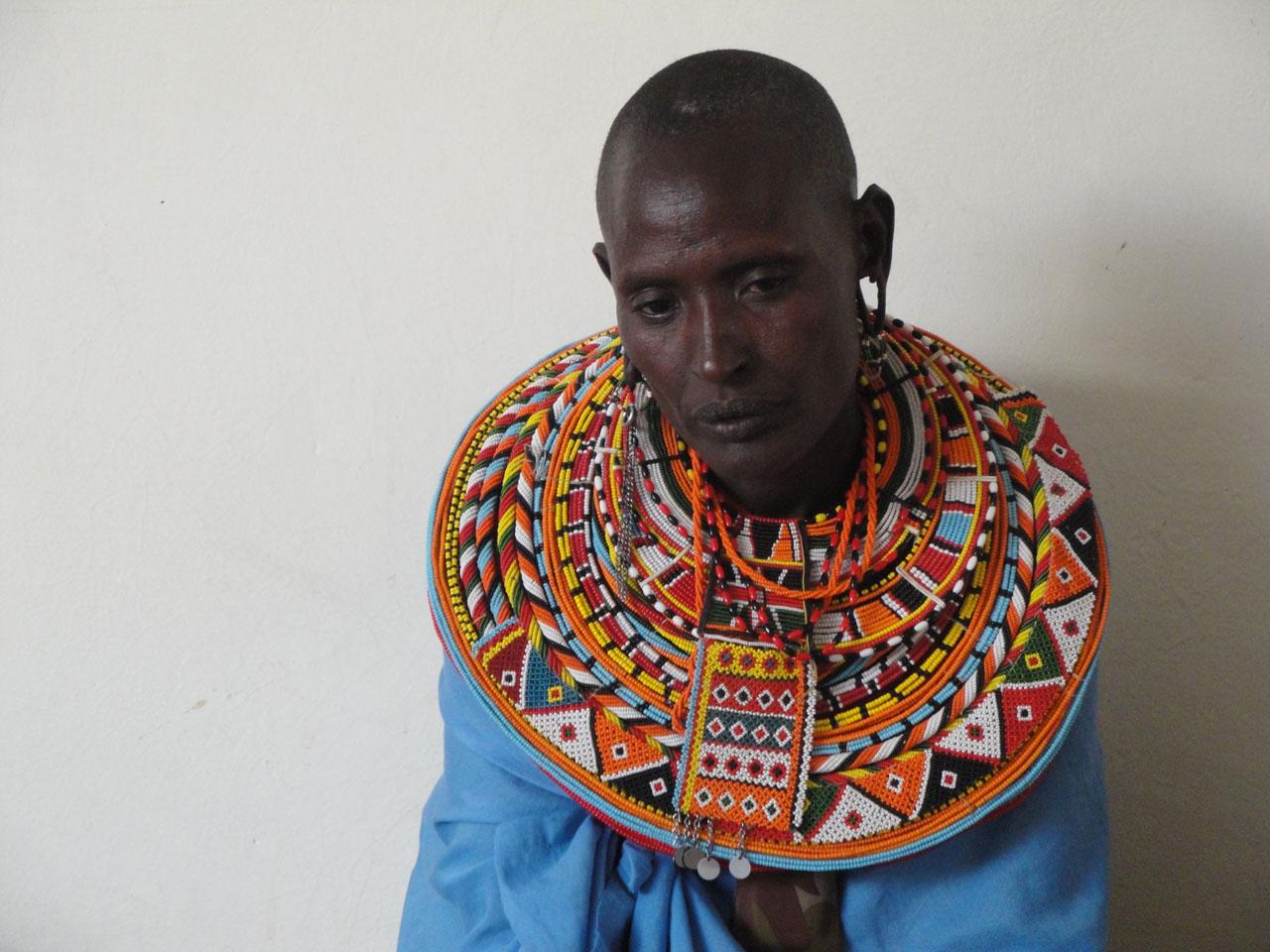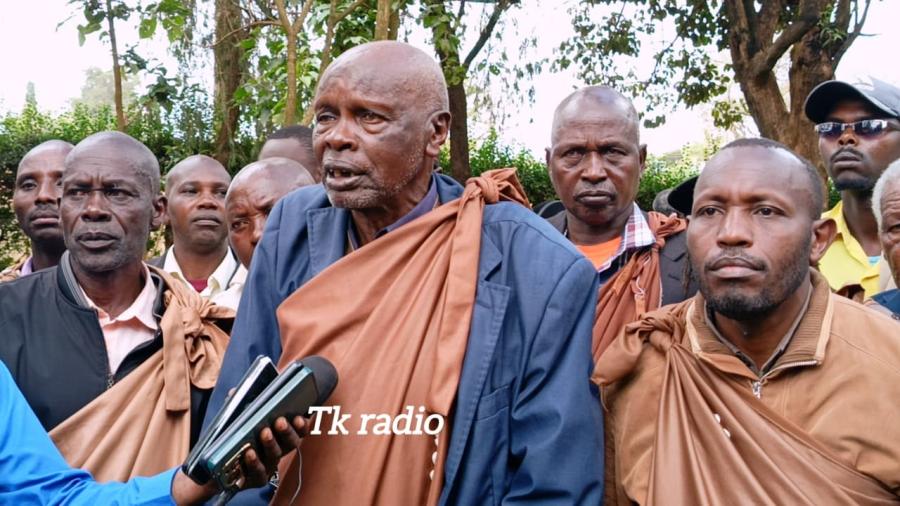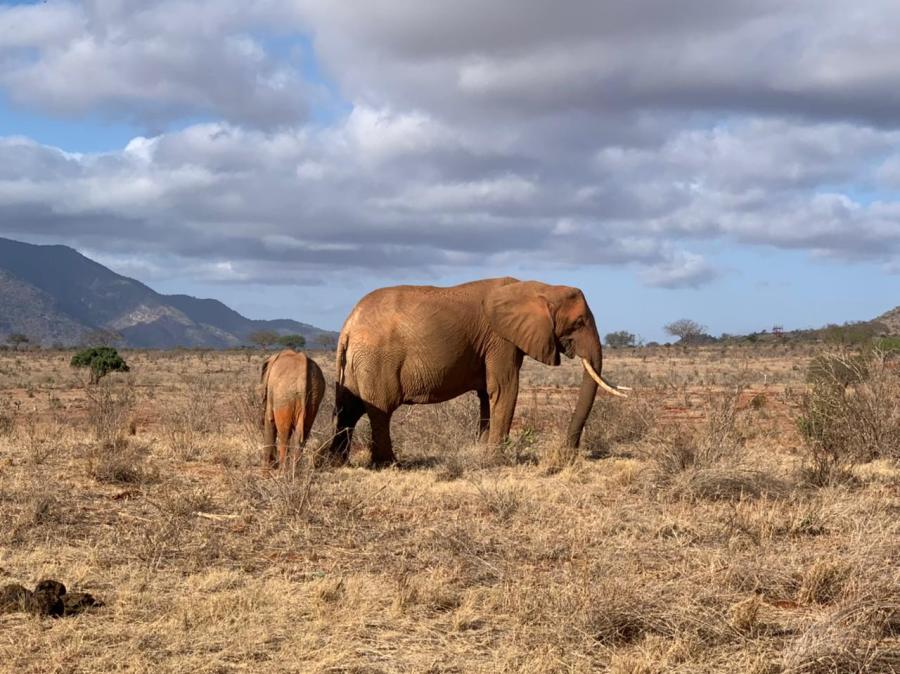
On June 12th through 14th, a lawsuit brought by the Samburu Indigenous People of Kenya against the US NGO African Wildlife Foundation (AWF) and the Kenya government institution, the Kenya Wildlife Service (KWS), has a hearing at the high court in Nyeri, Kenya.
The community filed suit after the AWF forcefully evicted their people from their traditional lands in the Laikipia District in order to create a national wildlife park. Since their eviction and the burning of their homes, approximately 2,000 Samburu families have become squatters on the edge of their traditional territory, while another 1,000 have moved to towns.
The conflict between AWF has been developing over many years. AWF, which has a 4-star rating from Charity Star, bought the land in question in 2008 along with the Nature Conservancy promising the community better roads, new schools, and improved health care. However, in reality, the AWF began orchestrating the brutal eviction of the Samburu people from their traditional homeland. The tribes’ domesticated animals were rounded up and stolen, leaving them without means for survival. These actions led the Samburu to file a suit against AWF. The legal battle has continued since 2009, while the Samburu live like refugees outside of their ancestral lands. In November of 2011, just as international media outlets began to report on the tribe’s evictions, the trial, the AWF gave the land as a ‘gift’ to the Kenyan Wildlife Service to create a national park.
During 2009 and 2010, Kenyan police forces conducted armed assaults on at least ten Samburu communities in Samburu East and Isiolo Districts. Police officers have committed extra-judicial killings, rapes, beatings, thefts, arson, and intimidation multiple times. Their actions have caused the Samburu people to suffer death, injury, terror, displacement, economic hardship, property loss, and vulnerability to disease and famine.
The current lawsuit is an ‘adverse possession claim’ that would gain the legal title to the land that the Samburu have traditionally occupied for generations. Under Kenyan law, the Samburu should be able to claim legal title of the land after being in occupation and possession for over 12 years. The community’s success would be a groundbreaking win for Indigenous communities in Kenya and elsewhere. AWF and Kenya Wildlife Service will be expected to present their witnesses. The president of AWF has refused to testify.
In January, 2010, a team from Cultural Survival’s Global Response program went to Kenya to document a year-long pattern of brutal police assaults on the Samburu people of northern Kenya. These assaults take place in an atmosphere of racial prejudice and discrimination against pastoralist tribes that resist assimilation and westernization in order to maintain their unique cultures. See the report here:
Cultural Survival deplores the actions of the AWF and their disrespect for the Indigenous People’s right to give free, prior and informed consent (FPIC) whenever an action may affect their lands, as is established in the UN Declaration on the Rights of Indigenous Peoples and the International Labor Organization’s Convention 169. We call on the conservation movement to recognize Indigenous Peoples as guardians of the bio-diverse regions that are their homelands, and to involve Indigenous Peoples in any efforts made to conserve these lands.



